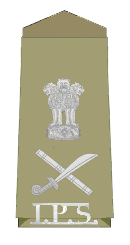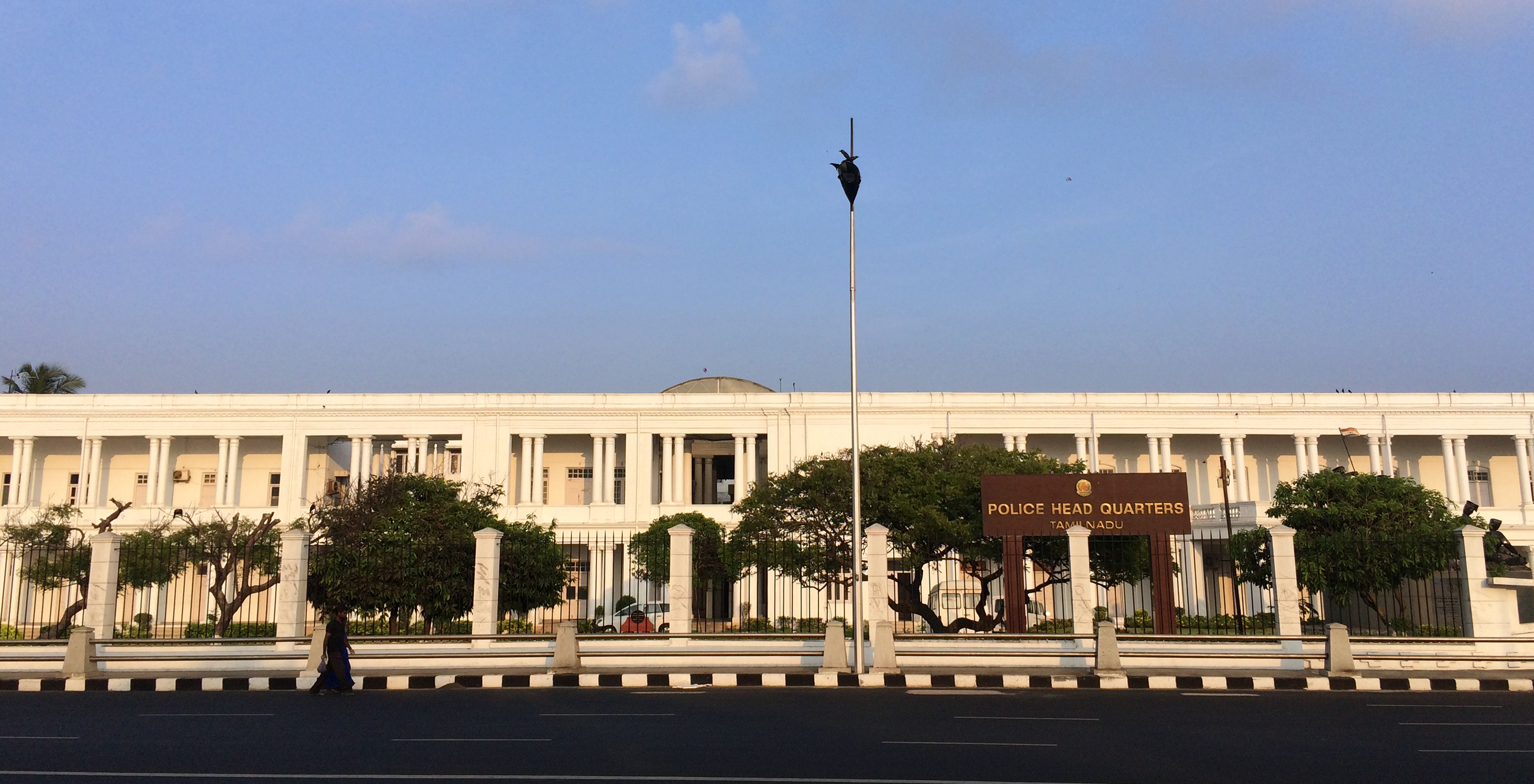Director General Of Police on:
[Wikipedia]
[Google]
[Amazon]
The Director General of Police (DGP) is the highest-ranking police officer in Indian states and union territories. The DGP is appointed by the



cabinet
Cabinet or The Cabinet may refer to:
Furniture
* Cabinetry, a box-shaped piece of furniture with doors and/or drawers
* Display cabinet, a piece of furniture with one or more transparent glass sheets or transparent polycarbonate sheets
* Filing ...
and holds a three-star rank. The DGP is responsible for overseeing the entire police force and law enforcement activities within their respective jurisdiction. This position holds significant authority and plays a crucial role in maintaining law and order, implementing crime prevention strategies, and ensuring public safety. The DGP is usually appointed by the state government and works closely with other law enforcement agencies and government officials to uphold the rule of law and protect citizens' rights.
Appointment of Director General of Police
The appointment of the Director General of Police (''Head of Police Force'') in Indian states and union territories follows a structured process mandated by theSupreme Court of India
The Supreme Court of India ( IAST: ) is the supreme judicial authority of India and is the highest court of the Republic of India under the constitution. It is the most senior constitutional court, has the final decision in all legal matters ...
, primarily based on the directives issued in the landmark Prakash Singh case of 2006. These directives aim to ensure transparency, meritocracy, and stability in the leadership of state police forces. The Director General of Police is designated as the head of the police department for all administrative and operational purposes.
Supreme Court Directives
In thePrakash Singh
Prakash Singh is a retired Indian Police Service officer, who rose to the highest rank of Director General of Police (DGP). He has served as Chief of the Border Security Force (BSF), Uttar Pradesh Police and Assam Police. He is considered one of ...
case, the Supreme Court issued several directives to reform the police appointment process, emphasizing the need for a transparent and merit-based selection system. Key aspects of these directives include:
* Consultation with UPSC: State governments are required to consult the Union Public Service Commission (UPSC) before appointing a DGP. This consultation involves sending the names of eligible officers to the UPSC at least three months before the incumbent DGP's retirement.
* Preparation of Panel: The UPSC prepares a panel of three officers deemed fit for the DGP position based on seniority, service record, and range of experience. This panel is then sent back to the state government, which is required to appoint one of the shortlisted officers as the DGP.
* Minimum Tenure: The selected DGP is mandated to have a minimum tenure of at least two years, irrespective of their date of superannuation. This provision aims to provide stability and continuity in police leadership.
* Eligibility Criteria: Only officers with a minimum of 30 years of service and holding the rank of Additional Director General (ADG) or equivalent are considered for the DGP position. Additionally, officers must have at least six months of service left before retirement at the time of their empanelment.
* No Acting DGPs: The Supreme Court has explicitly rejected the practice of appointing "Acting DGPs," requiring states to appoint a permanent DGP to ensure stable leadership.
Salary
The pay matrix for Director General of Police (DGP) ranked officers comprises Pay Level 17, the apex grade, and Pay Level 16. The Head of Police Force or State Police Chief, holding the rank of DGP, receives a monthly fixed salary of ₹225,000, excluding allowances. This salary scale is also applicable to Directors General (DGs) of some Central Police Organisations at the Union government level. For other DG ranked officers within state governments eligible for Pay Level 16, including DG of Prisons, DG of Fire and Rescue, DG of Civil Defence and Home Guards, DG of Anti-Corruption Bureau, or equivalent posts, the monthly pay ranges from ₹205,400 to ₹224,400, exclusive of allowances. In November 2022, the government approved a proposal to grant apex scale salary to the Directors ofIntelligence Bureau Intelligence Bureau may refer to:
* Intelligence Bureau (India)
* Intelligence Bureau (Pakistan)
* Intelligence agency
See also
*Intelligence Bureau for the East, a World War I German organisation
*Intelligence agency
*National Intelligence Servic ...
(IB) and the Central Bureau of Investigation
The Central Bureau of Investigation (CBI) is the premier investigating agency of India. It operates under the jurisdiction of the Ministry of Personnel, Public Grievances and Pensions. Originally set up to investigate bribery and governmen ...
(CBI), ensuring they receive salaries at par with Secretary-rank Indian Administrative Service (IAS) officers, irrespective of seniority.
Insignia and Uniform
DGP-ranked officers wear Gorget patches on their collars, which feature a dark blue background with an oak leaf pattern stitched on it, similar to those worn by Additional Directors General (ADGs) and Inspectors General (IGs). The insignia and uniform are the same as those of the DGP for both Special DGPs and Additional DGPs.
List of current Chiefs of Police Forces in the States and Union territories of India


See also
* Advocate General * Additional Director General of Police * Chief Secretary * Commissioner of Police * Head of Forest Forces * Police forces of India * Law enforcement in IndiaNotes
References
{{reflist Chiefs of police Police ranks Police ranks of India Three-star officers